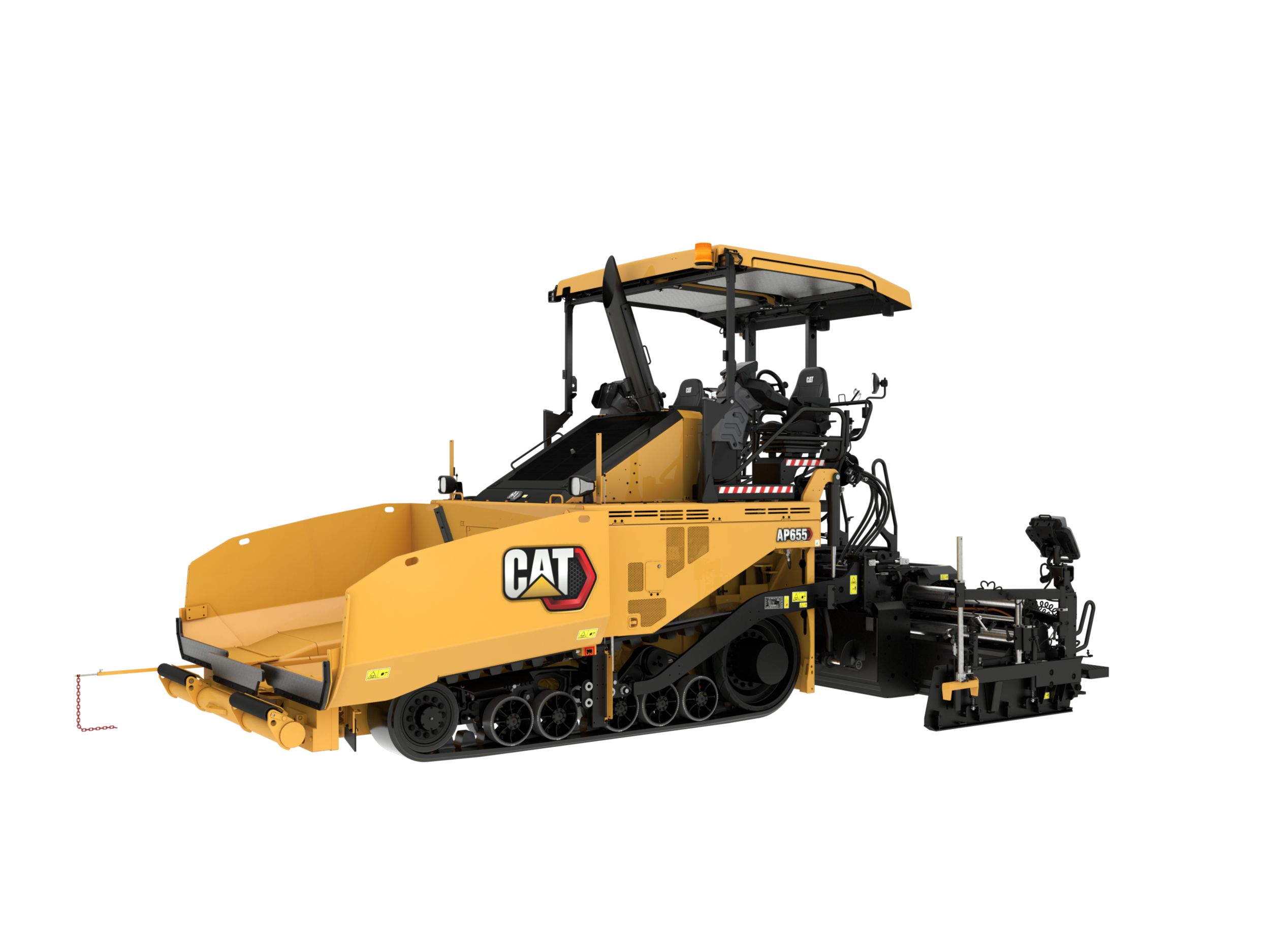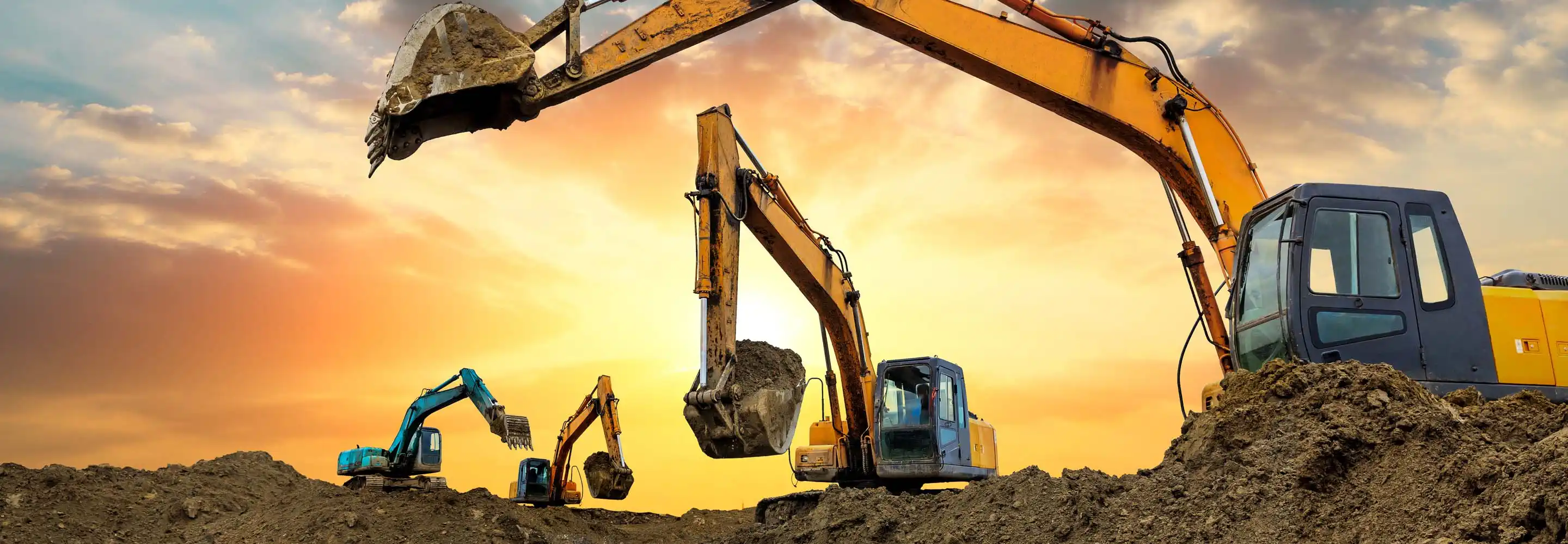Heavy Equipment Rental in Tuscaloosa AL: Find the Right Equipment for Any Job
Heavy Equipment Rental in Tuscaloosa AL: Find the Right Equipment for Any Job
Blog Article
Checking Out the Financial Conveniences of Leasing Construction Devices Contrasted to Owning It Long-Term
The choice in between renting out and having building and construction tools is crucial for economic administration in the sector. Leasing offers immediate cost savings and operational adaptability, allowing companies to assign sources extra efficiently. In comparison, possession includes significant long-lasting monetary dedications, including maintenance and depreciation. As professionals evaluate these choices, the influence on money circulation, project timelines, and innovation accessibility becomes significantly substantial. Recognizing these nuances is necessary, particularly when thinking about exactly how they line up with certain job requirements and financial methods. What aspects should be prioritized to make sure optimal decision-making in this complicated landscape?

Cost Comparison: Renting Vs. Possessing
When examining the monetary ramifications of having versus renting out construction devices, a comprehensive expense comparison is essential for making informed decisions. The choice between renting out and possessing can dramatically affect a business's lower line, and recognizing the connected prices is essential.
Renting building and construction devices normally includes lower ahead of time costs, enabling companies to designate resources to other operational requirements. Rental agreements frequently consist of versatile terms, enabling companies to gain access to progressed machinery without long-lasting commitments. This flexibility can be especially helpful for temporary jobs or changing workloads. However, rental prices can build up with time, possibly going beyond the cost of possession if tools is needed for an extensive duration.
On the other hand, having building devices calls for a significant first investment, along with ongoing expenses such as devaluation, financing, and insurance policy. While possession can result in long-term savings, it also binds resources and might not offer the very same degree of adaptability as renting. Additionally, having equipment requires a dedication to its use, which might not always straighten with job demands.
Ultimately, the decision to lease or possess should be based upon a thorough evaluation of details project demands, economic capacity, and long-lasting critical objectives.

Maintenance Costs and Duties
The option in between renting and owning building and construction equipment not only involves financial factors to consider but additionally includes ongoing upkeep costs and responsibilities. Possessing equipment needs a substantial commitment to its maintenance, that includes routine assessments, repairs, and possible upgrades. These duties can swiftly build up, bring about unforeseen costs that can stress a spending plan.
On the other hand, when renting out devices, maintenance is normally the duty of the rental company. This setup enables contractors to stay clear of the monetary problem related to damage, as well as the logistical obstacles of organizing repair services. Rental arrangements typically consist of arrangements for upkeep, indicating that service providers can concentrate on completing projects instead of bothering with devices problem.
Moreover, the varied series of equipment available for rent allows companies to choose the most recent versions with innovative technology, which can enhance effectiveness and efficiency - scissor lift rental in Tuscaloosa Al. By deciding for rentals, organizations can prevent the long-lasting obligation of equipment devaluation and the associated upkeep frustrations. Ultimately, evaluating maintenance expenditures and responsibilities is crucial for making an educated choice regarding whether to own or lease construction tools, dramatically influencing total job prices and functional effectiveness

Devaluation Influence On Ownership

A significant aspect to consider in the choice to own building equipment is the influence of devaluation on general possession expenses. Devaluation stands for the decline in worth of the equipment gradually, affected by aspects such as use, damage, and improvements in technology. As equipment ages, its market worth reduces, which can considerably affect the proprietor's financial setting when it comes time to trade the tools or sell.
For building firms, this depreciation can translate to substantial losses if the tools is not used to its greatest potential or if it lapses. Owners need to account for depreciation in their financial estimates, which can cause higher general costs compared to leasing. Additionally, the tax implications of depreciation can be complicated; while it might provide some tax obligation advantages, these are commonly balanced out by the reality of reduced resale value.
Eventually, the worry of depreciation emphasizes the significance of recognizing the lasting monetary dedication associated with owning construction equipment. Companies should thoroughly assess exactly how frequently they will use the devices and the potential financial impact of depreciation to make an informed decision about possession versus renting out.
Financial Versatility of Leasing
Renting out building and construction devices provides considerable monetary versatility, enabling companies to allocate sources a lot more successfully. This flexibility is particularly crucial in a sector identified by fluctuating task needs and differing workloads. By opting to rent, companies can stay clear of the considerable resources outlay needed for purchasing tools, preserving capital for other functional requirements.
Additionally, renting equipment enables business to tailor their devices choices to certain task requirements without the long-lasting dedication connected with ownership. This implies that organizations can easily scale their tools supply up or down based on expected and current job needs. As a result, this adaptability reduces the risk of over-investment in machinery that might become underutilized or out-of-date in time.
One more financial advantage of renting is the possibility for tax obligation benefits. Rental payments are commonly taken into consideration operating expenses, enabling for prompt tax obligation reductions, unlike devaluation on owned and operated devices, which is topped several years. scissor lift rental in Tuscaloosa Al. This instant expense recognition can additionally enhance a business's cash money position
Long-Term Task Considerations
When equipment rental companies assessing the long-term requirements of a building and construction business, the choice between renting out and possessing tools ends up being more complicated. Key elements to take into consideration consist of task period, frequency of use, and the nature of upcoming tasks. For projects with prolonged timelines, buying devices might seem beneficial because of the capacity for lower general expenses. Nevertheless, if the tools will not be used consistently across tasks, owning may cause underutilization and unnecessary expense on storage space, insurance, and upkeep.
Additionally, technical innovations present a significant consideration. The building market is developing swiftly, with brand-new equipment offering boosted effectiveness and security features. Renting out enables companies to access the most up to date innovation without devoting to the high in advance costs connected with buying. This adaptability is particularly valuable for businesses that handle diverse jobs calling for different types of devices.
In addition, monetary security plays an essential function. Possessing equipment usually entails substantial capital expense and depreciation issues, while leasing permits for even more foreseeable budgeting and money flow. Eventually, the selection in between possessing and renting out needs to be straightened with the strategic purposes of the building organization, taking right into account both anticipated and present task demands.
Conclusion
Finally, renting out building devices supplies significant financial benefits over long-lasting possession. The decreased ahead of time expenses, removal of maintenance obligations, and evasion of devaluation add to boosted capital and financial versatility. scissor lift rental in Tuscaloosa Al. In addition, rental settlements offer as immediate tax obligation deductions, better benefiting specialists. Inevitably, the choice to rent as opposed to very own aligns with the vibrant nature of construction jobs, permitting versatility and access to the most recent devices without the monetary worries related to ownership.
As devices ages, its market value diminishes, which can considerably influence the proprietor's monetary setting when it comes time to trade the tools or market.
Leasing building tools provides considerable financial adaptability, enabling companies my blog to allot resources a lot more efficiently.Additionally, renting out tools enables firms to customize their equipment options to specific job needs without the long-term dedication associated with possession.In final thought, leasing building and construction tools offers considerable economic benefits over long-lasting ownership. Inevitably, the decision to lease rather than very own aligns with the additional hints dynamic nature of building and construction tasks, enabling for adaptability and access to the most recent equipment without the economic burdens associated with ownership.
Report this page